6 Minutes or Less
This newsletter-only feature will be available only to paid subscribers: I ask a thought leader or expert to educate/enlighten/explain an issue via audio in 6 Minutes or Less.
Issue: Senate Majority Leader Mitch McConnell suggested that states struggling to cope with coronavirus should be able to file for bankruptcy.
Question: Can a state bankruptcy code be constitutional?
Guest: David Skeel, S. Samuel Arsht Professor of Corporate Law at the University of Pennsylvania Law School and Member of the Financial Oversight and Management Board of Puerto Rico
Like the newsletter? During this trial period, you get the Founding Member Rate — 50% off the regular cost. Continued thanks to everyone who already has done so!
Exclusive membership benefit: I’m pleased to invite you to a live online event, Thursday, May 7 @ 7:30 pm ET: Pelosi: The Most Powerful Woman in American Political History, A Conversation with Time’s Molly Ball. Register here.
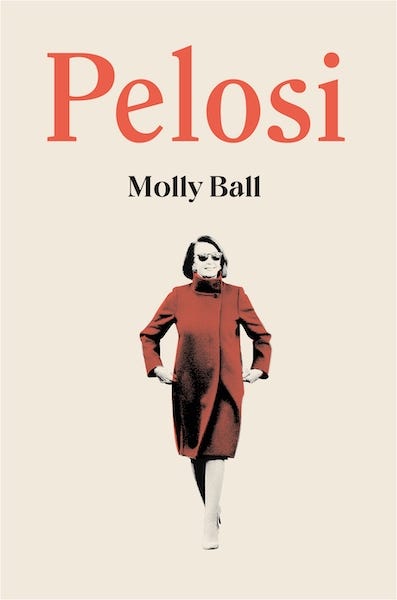
The World
Americans widely oppose reopening most businesses, despite easing of restrictions in some states. (Washington Post-University of Maryland poll)
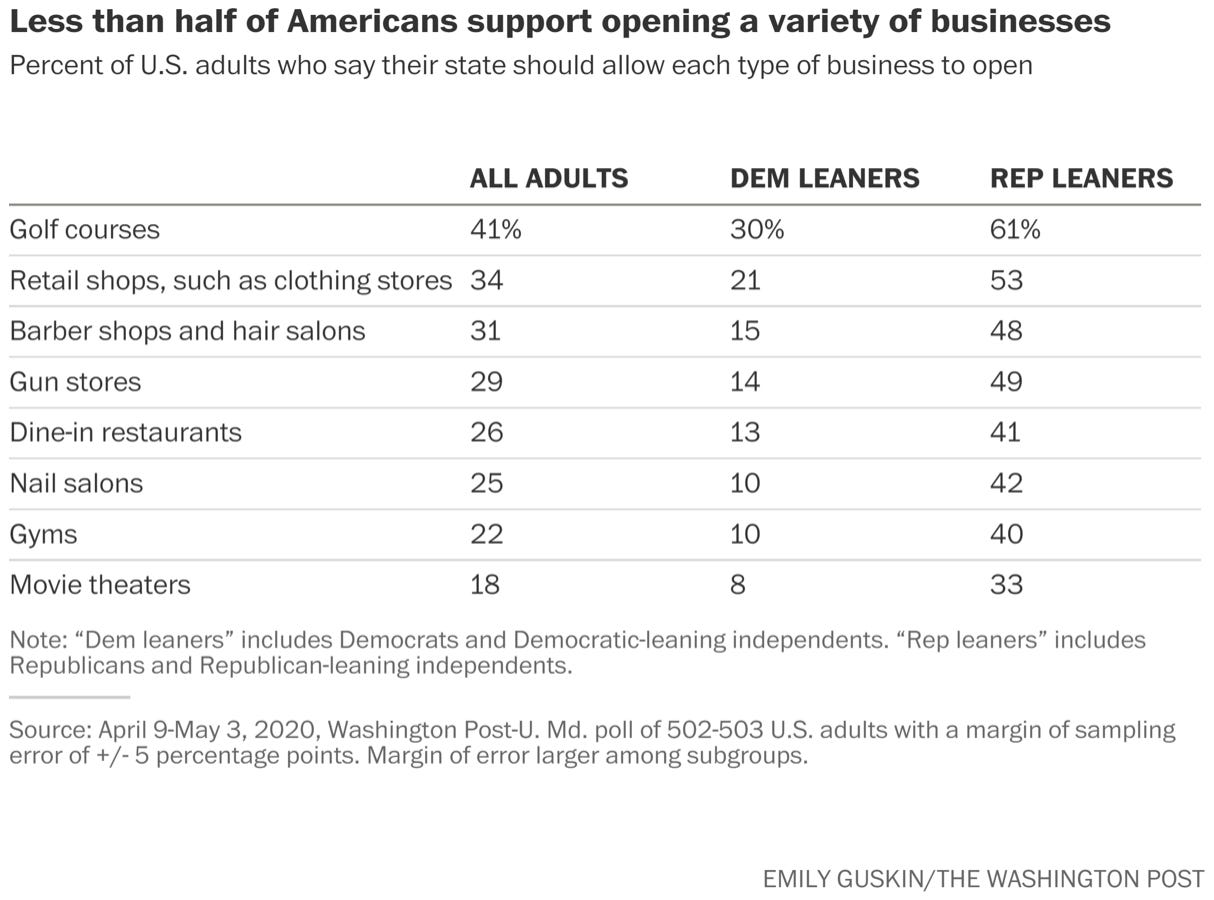
Consumer debt hits a new record of $14.3 trillion. Meanwhile, the U.S. trade deficit soared 12% in March as exports saw their biggest monthly decline ever recorded. Factory orders dropped 10.3%, the largest monthly fall since the series started in 1992. (CNBC, MarketWatch, Reuters)
40% of U.S. small businesses are skipping rent in May. (Washington Post)
Intelligence shared among Five Eyes nations — U.S, UK, Canada, Australia and New Zealand — indicates it is "highly unlikely" that the coronavirus outbreak was spread as a result of an accident in a laboratory, but rather originated in a Chinese market. (CNN)
Countries are erecting barriers to block expected efforts by foreign corporate acquirers, particularly China, to scoop up strategically important assets that have lost value during the coronavirus pandemic. With share prices plunging and companies needing financing, governments are tightening restrictions of proposed foreign acquisitions. (South China Morning Post)
India is developing a land pool nearly double the size of Luxembourg to lure businesses moving out of China. (Bloomberg)
Extremist political and fringe medical communities are exploiting the pandemic online. Top targets: Immigration, Islam, Judaism, Muslims, LGBTQ, and elites. (BBC News)
The economic devastation from the coronavirus pandemic already is estimated to top $1.7 billion at the Big Ten universities. Meanwhile, with tents and immunity testing, colleges weigh a return to campus life. (Forbes, Reuters)
Economy
Federal Reserve Bank of Chicago economists estimate a ‘U-Cov’ unemployment rate in April of somewhere between 25.1% and 34.6%, compared to the 16% rate forecast by economists polled by Reuters. (Reuters)
Home prices are predicted to fall just 2-3% this year. Why might home prices rise during the pandemic? Buyer demand has softened and sales fell 8.5% in March, but the supply of homes on the market is contracting even faster. (CNBC, Wall Street Journal)
Some of the world’s largest hedge funds are raising their bets on gold. (Financial Times)
Private equity managers dramatically reverse return predictions: Pre-pandemic, nine-out-of-ten private equity managers predicted rising returns over the next two years. Now, 68 percent expect to underperform 2019 results. (Institutional Investor)
With four months of lost education, the cost to current United States students in future earnings is $2.5 trillion—12.7 percent of annual GDP. (Brookings)
Technology
Google and Apple ban location tracking in their contact tracing apps. (MIT Technology Review)
A startup that revolutionizes the way students tour colleges online sees a 300% month over month increase in new sign-ups, and a 70% month over month increase in video consumption. (Forbes)
Students’ views of social media are declining. (Gallup)
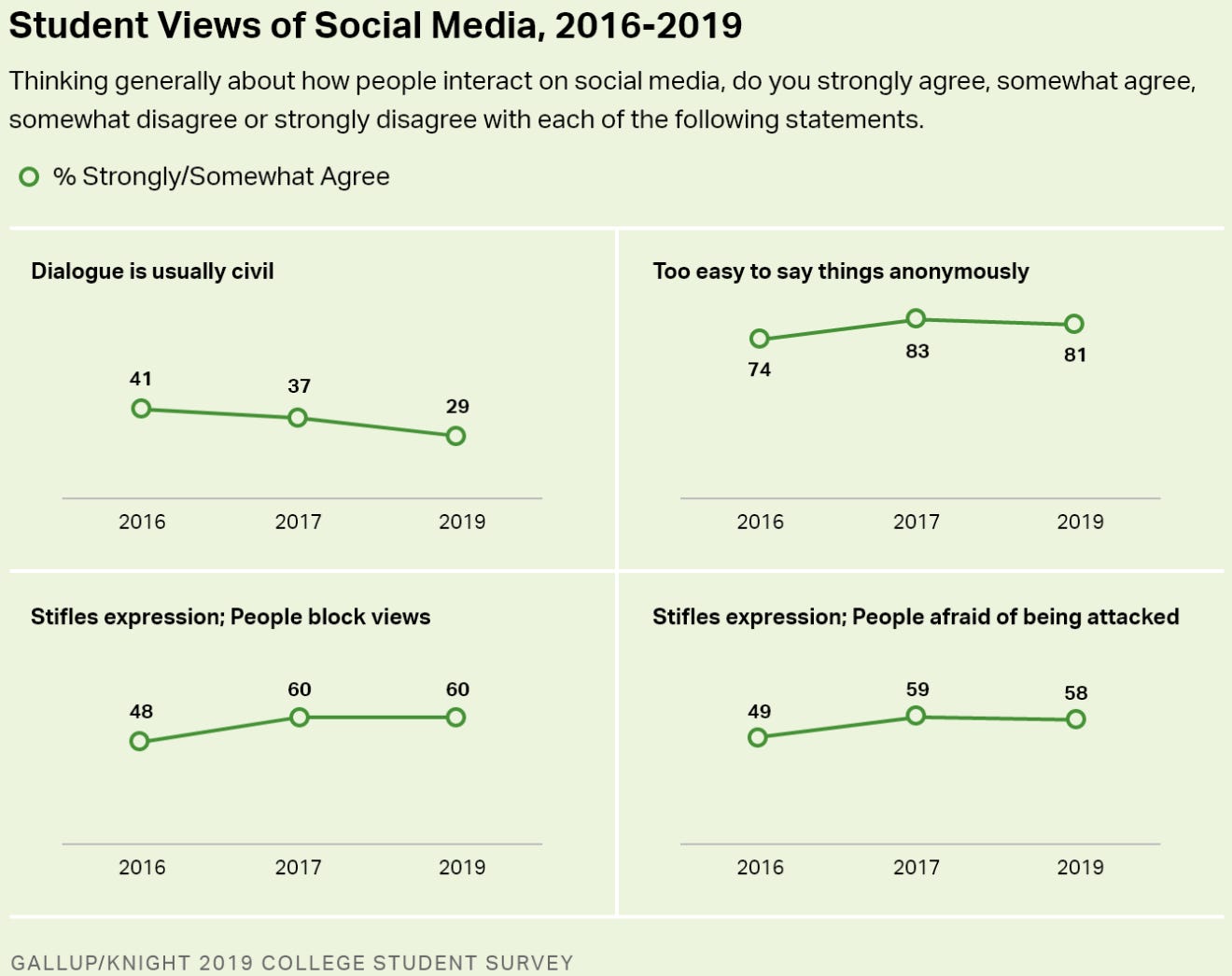
Software vulnerabilities are more likely to be discussed on social media before they're revealed on a government reporting site, a practice that could pose a national security threat, according to the U.S. Department of Energy. (Science Daily)
Tech giants, including Huawei and Alibaba, are pouring millions of dollars into Asia's quantum computing arms race. (Nikkei Asian Review)
Smart Links
How many jobs do robots really replace? (MIT News)
Americans tilt optimistic about GDP and stock market (Gallup)
Social distance makes the heart grow lonelier. (Harvard Gazette)
30% of high school students plan to delay their college start date. (Diverse Education)
One billion people will live in insufferable heat within 50 years. (PNAS)
The 2020 Pulitzer Prize winners were announced. (Pulitzer.org)
Good News
For the 29th straight year, Labrador Retrievers are America’s most popular dog breed. (American Kennel Club)
Three sisters wish happy birthday to the Godfather of Soul. It’s awesome.
Thanks for reading. Did you like the newsletter? Why not subscribe now?






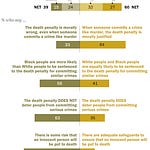



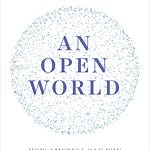
Widely Oppose